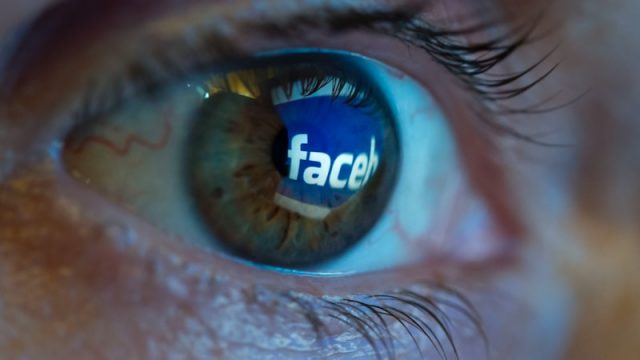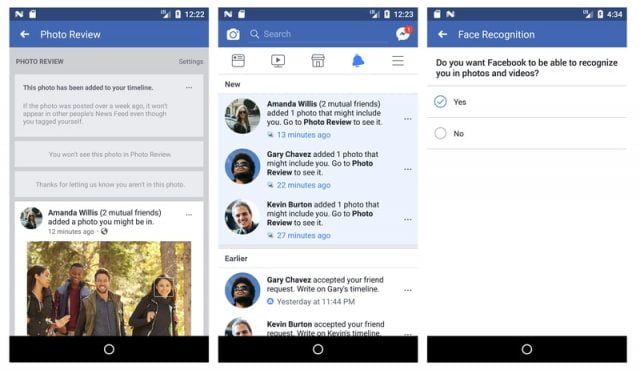Facebook’s latest update is once again proving how deeply embedded the social media platform is into our lives and that it can access anything and everything of ours.
Facebook has never really been much for assuring privacy, but with this new update, they might just be going a step further.
According to the company, in order to prevent impersonation and provide a more transparent and safer platform, users can now avail a new facial recognition technology which will update them if anyone uploads a photo of them… even if they are not tagged in it.
Up until now, you’d only be notified of any picture of yours uploaded on Facebook, if the uploader tags you in it.
However, with this new feature, Facebook will be using your face data in order to scoop and find out any similar data found on newly uploaded images and notify you about it.
Today on Wednesday, the Director of Applied Machine Learning, Joaquin Quinonero Candela said in a blog post that, “We want people to feel confident when they post pictures of themselves on Facebook so we’ll soon begin using face recognition technology to let people know when someone else uploads a photo of them as their profile picture”.
All Follow The Facial Recognition Bandwagon
Earlier this year, Apple released their much talked about iPhone X range which replaced their fingerprint unlock feature with that of your face.
The new iPhone uses facial recognition technology to unlock your phone and the update created a lot of chatter regarding privacy and how safe it actually is to include such a kind of feature.
Using facial recognition from a third party generally, means that you are giving permission for them to have and store a template/image of your face which will eventually be kept in a database of the company.
Privacy advocates around the world have argued how dangerous this database could be if it falls into the hands of wrong people or how even the company could use it for wrong means.
With Facebook coming out with this update just adds onto the issue especially considering the fact that the social media company has always had problems with privacy and even now is going through a lawsuit concerning its habit of keeping their user’s faceprints. An ongoing case in Illinois states that Facebook has been accused of violating the BIPA (Biometric Information Privacy Act) wherein such kind of companies that store biometric data are supposed to fully disclose their intentions regarding those records. Facebook, on the other hand, has not done that till yet due to which it is in violation of the act.
Read More: How Our DPs Change With Age On Facebook: A Series Showing You Just That!
Facebook has always had a bad habit of snooping into other people’s lives even before facial recognition technology was so advanced. Since 2010, they have used some kind of facial recognition means, by storing a ‘template’ of a person’s face in order to give suggestions of which people to tag when uploading a photo.
What Does This Feature Do?
This new feature does have a few positives that can one can look at, primarily of you having more control of what images of yourself are going up on the platform. If you have an embarrassing image or a person is impersonating you, with this feature you can quickly take whatever action necessary.
For profile photos, if you are detected in them, the feature will always notify you even if you are not tagged in it.
If you are in the audience of any other photo then also you will be notified about it, however, if the person has kept their profile private or not given you permission to see their activities for those images you will not be notified.
As per certain news sources, the Photo Review feature on your profile will keep a track of all your untagged but recognized photos.
There is also an on/off switch with which you can turn off this feature along with the old tag suggestion feature that has always been there. Turning off this feature will result in Facebook deleting their face template of yours as well as deactivating the Photo Review area on your profile.
Image Credits: Google Images
Other Recommendations:
http://edtimes.in/2017/10/the-secrets-facebook-doesnt-want-you-to-know/








































